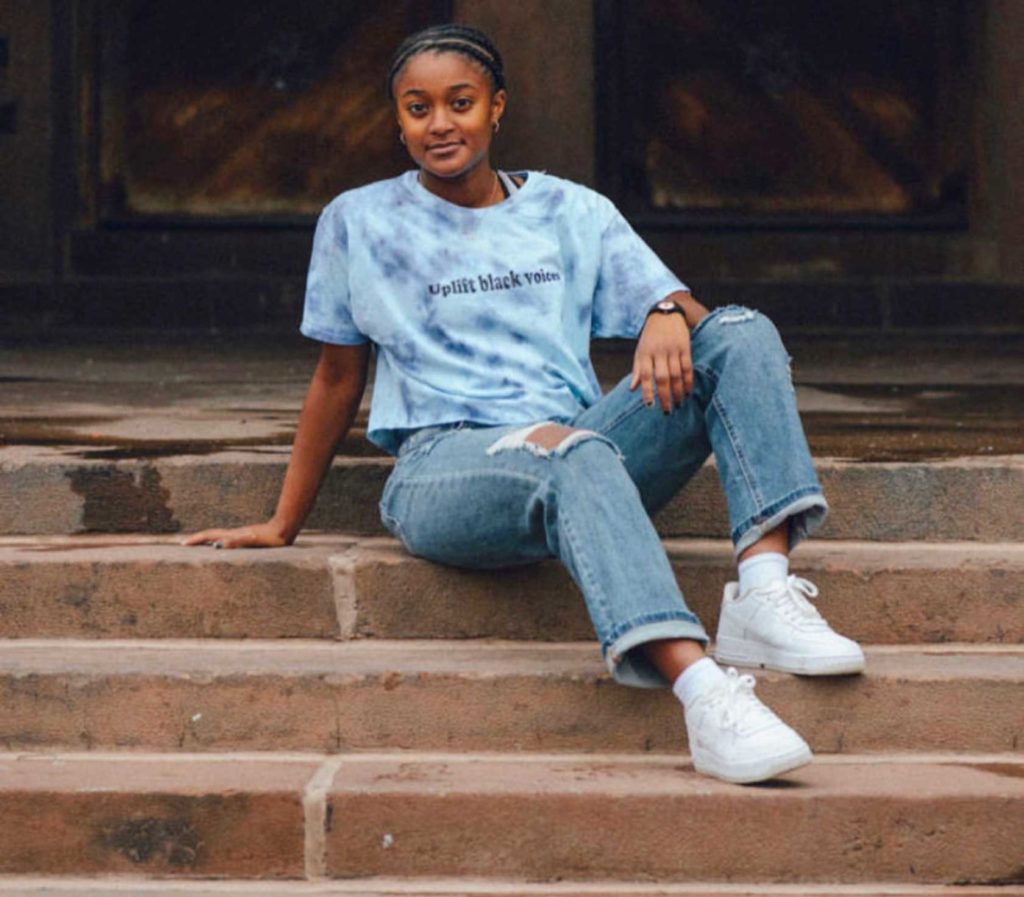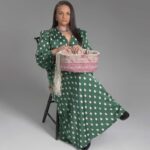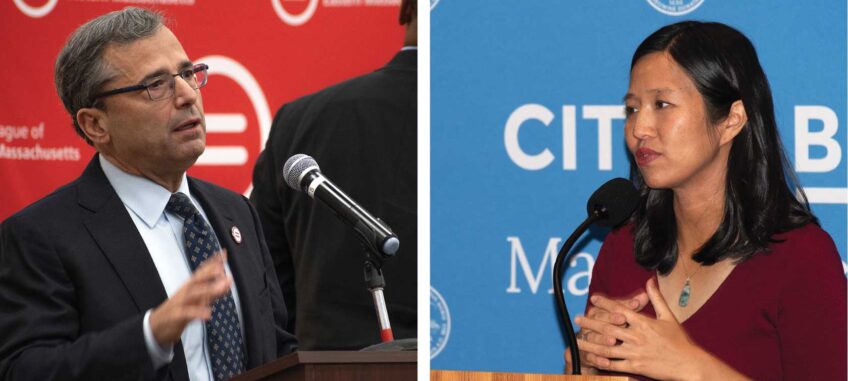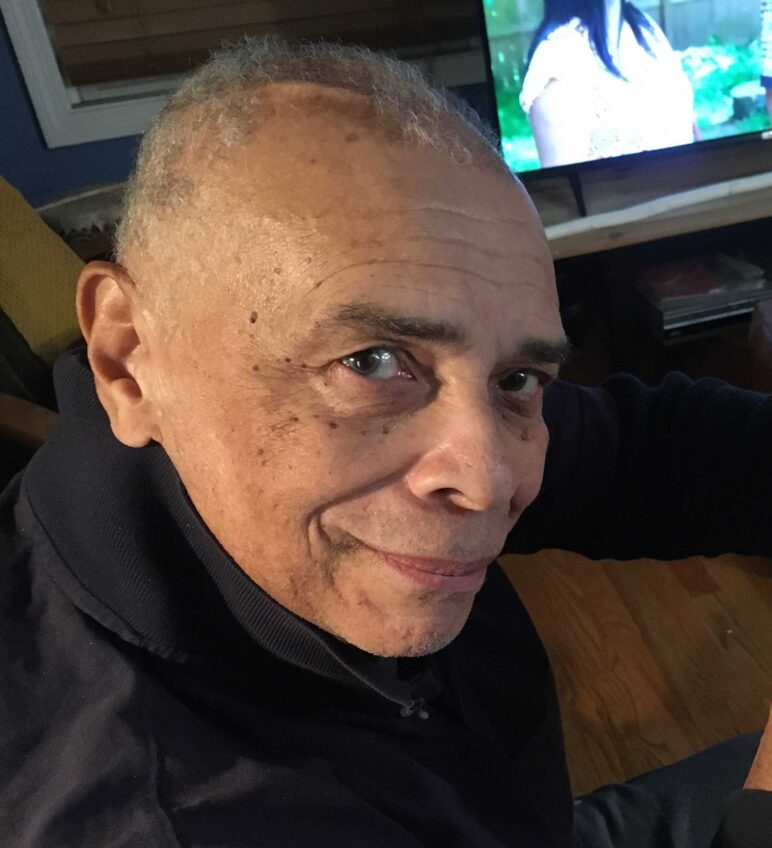
For 19-year-old Ayah Harper from Revere, the civil unrest that followed George Floyd’s death in 2020 served as a motivator to encourage uncomfortable conversations in her elite private high school and start a small business to enact change.
Harper, the 2021 valedictorian at the Dexter Southfield School in Brookline, founded a handmade clothing company, named “I Got Ur Black Tees,” to produce clothing displaying slogans like “Uplift Black Voices” and “Black Children Matter.”
Harper started out by informally making shirts for friends and family. Demand soared after her mom posted images to her Facebook page. Ayah found that the work offered an outlet for her frustration regarding world events, and a way, she says, to “show her support for the cause without appearing as performative.”
She described feeling helpless at the time within her neighborhood, her school, and as a young Black woman: “I was 16, 17 … What could I really do? And this was the only way I felt I could really help,” she said.
Since graduating from high school and going on to Tufts University, where she plays point guard on the school’s Division 1 basketball team, Harper has continued to expand her business and use it to amplify the voices of Black pride. In addition, she has donated more than half of her $49,000 revenue from close to 1,500 orders to local, Black-owned businesses.
Her hands-on, meticulous process for producing clothes show Harper’s high level of dedication. Working solo, she individually tie-dyes each shirt and screens in the printed messages.
The work has helped relieve the anxieties of living in a world where she so often found herself unheard. Harper speaks highly of her time in high school but acknowledges the deafening silence that rang through Dexter Southfield both historically and during the politically charged time of Floyd’s murder at the hands of Minneapolis police.
“It’s very painful when people who look like you are dying in the real world, and then your community created a bubble that’s so separated from the outside world and just say ‘We’re not going to talk about it,’” she says. “It made me feel like I was living two different realities.”
Although discouraged by the overwhelming sense of forced political neutrality, Harper used the uncertain time to encourage her school, staff and students alike to support something bigger than themselves.
Her basketball coach and administrator at Dexter Southfield, Tyreik Mosley, expressed pride in the young entrepreneur, and detailed Harper’s influence on the school as “forever impactful to this community, in terms of how we approach things like diversity and social justice.”
Mosley was one of many members of the high school’s community to wear Harper’s clothing around the hallways and in classrooms. Despite what Harper described as the suppression of political conversations in the school at that time, students found that they were able to use her clothes as an outlet to show support, both actively and passively, as the proceeds from the company helped support local Black-owned businesses.
“It was a turning point for me when younger Black girls, like freshman and sophomores, were asking where they could buy a sweatshirt. And then I kind of realized how many people this cause touched, and I really felt as though, you know, this really is bigger than me,” said Harper during an interview at her Tufts dorm in Medford, Massachusetts.
Although the company was founded as a response to George Floyd protests and a global lack of social justice, it is just as much a byproduct of Harper’s experiences growing up. The middle child in a family with two brothers, she has highly supportive parents who encouraged her to channel her frustration and helplessness into something meaningful.
Even with her family in her corner, Harper describes times of feeling ignored by those in her community, whether in the classroom or on the basketball court.
“You can feel invisible,” she said. “You feel unsupported and like people aren’t actively invested in pursuing your interests … I spent a lot of time in middle school annoyed by the way I looked compared to my peers, and I really didn’t feel like I had an identity among them.”
As a result of her company’s success and accompanying public speaking and writing opportunities, Harper has been asked to co-author a book with an established writer about the contemporary Black female experience.
In the meantime, I Got Ur Black Tees serves as both an outlet for the quick-handed basketball player and a foundation of support. The company, Harper says, enables her to “uplift other people’s voices, but in a way, also uplift my own.”






